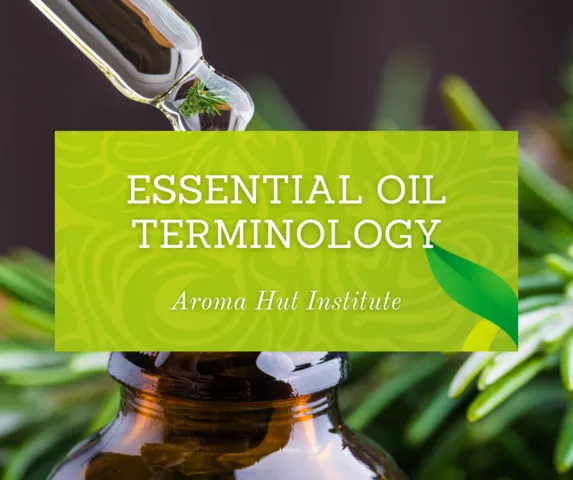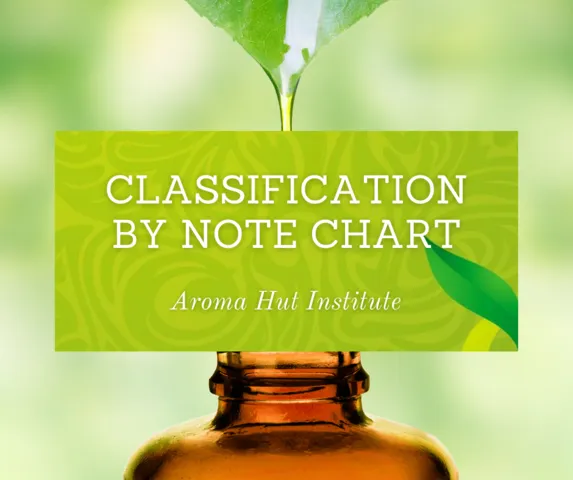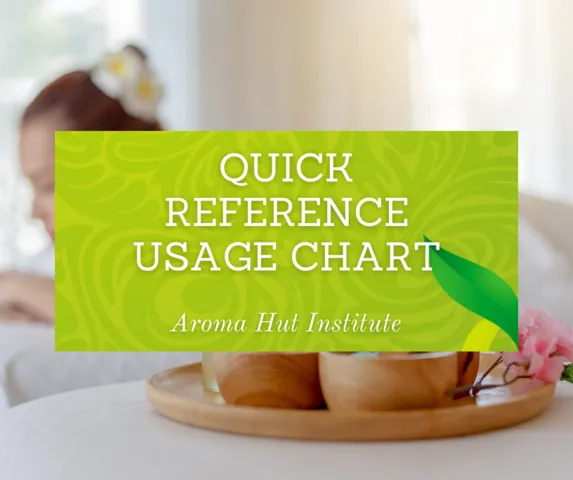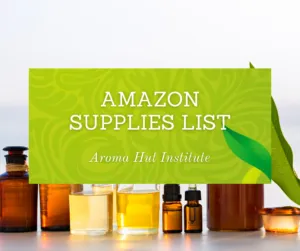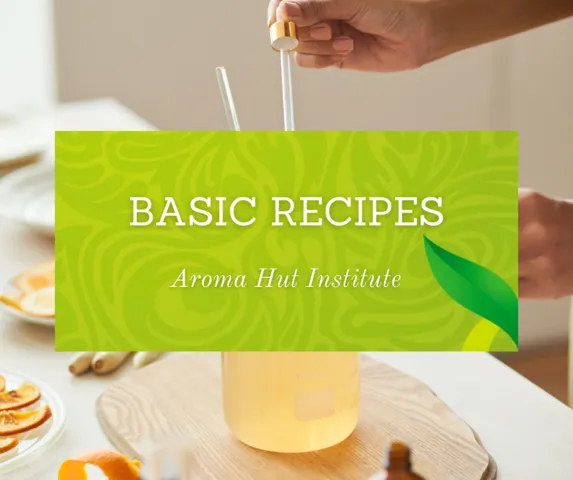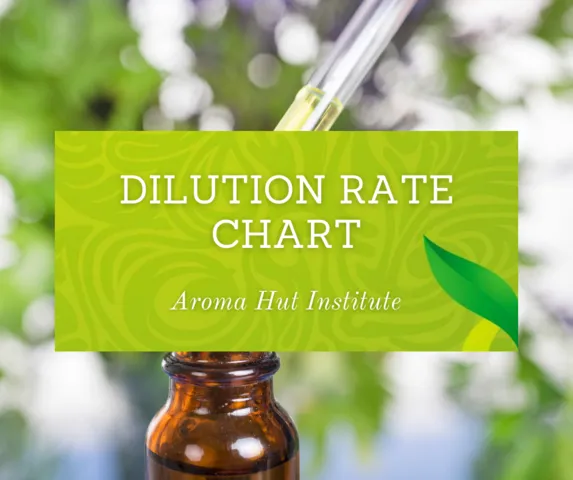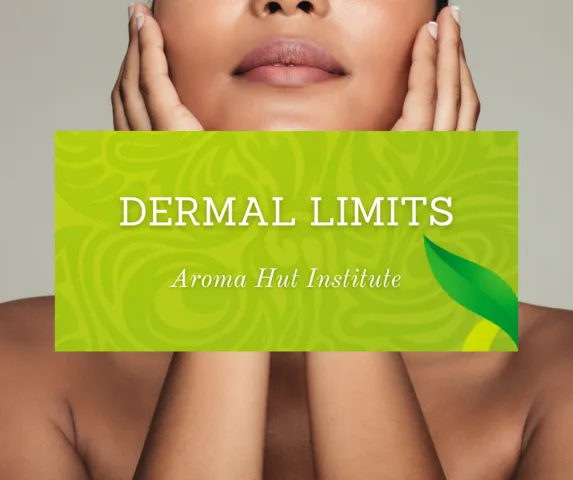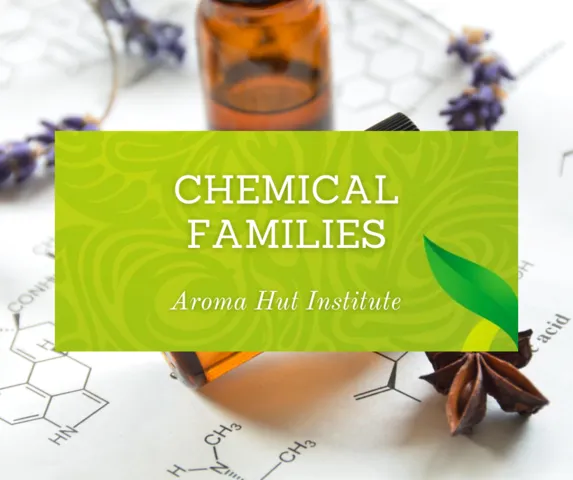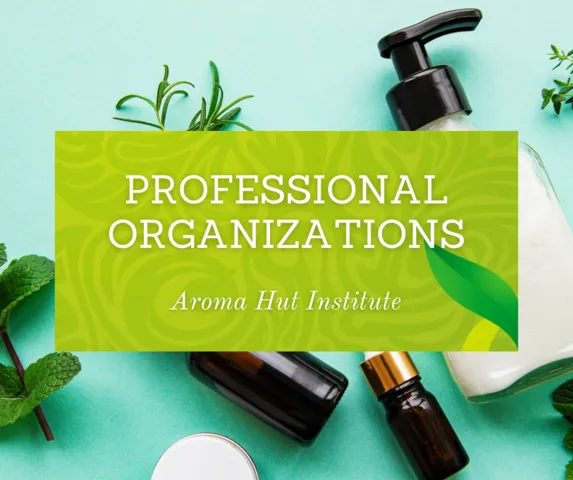Client Consultation
The first and most important step in building an aromatherapist/client relationship is the intake interview.
INTAKE FORM
Gathering information about the client's needs and desired outcome.
STRUCTURE
Develop a structured approach with every client to determine the benefits and expected results.
CONSENT
Always discuss informed consent with your potential aromatherapy client.
MODULE THREE: BLENDING TECHNIQUES
MODULE FIVE: AROMAS AND BODY
MODULE SIX: ESSENTIAL OIL CHEMISTRY
Module 11 | Lesson 1
Client Consultation
How to Conduct a Client Consultation
The intake interview is the first and most important step in building an aromatherapist/client relationship. It is the beginning process in the “getting to know you” phase of the relationship. To best serve our clients, we must know as much about them as possible to determine their best course of action.
To do this properly, it is vitally important to develop a structured approach with every client to determine which essential oils will benefit them and how to measure the results based on their needs.
You will need to ask yourself questions as you build your structure. It’s important to know why you would suggest a specific oil to a client and what the outcome will be if they follow your suggestions. This will help you connect with your client and your thought processes to develop a solid support plan with your client’s needs as the basis.
After developing strong structures for intake interviews and support plans, you’ll eventually be able to write client case studies skillfully. With this knowledge, you’ll be able to determine the outcome with increased accuracy.
So, what should an intake interview look like? What questions should you ask, and how should it be structured? Here are five steps to a successful intake interview:
The first thing you should do is discuss informed consent with your potential aromatherapy client. What is informed consent?
Informed Consent is:
- A meaningful discussion between the client and the consultant.
- A discussion regarding the nature of their condition, the suggested support plan, how they will benefit from it, what the risks are, and any alternatives available.
- A discussion about the role the consultant and the client will have in their interactions with each other.
You should clearly define your role as an aromatherapist. Often clients don’t completely understand what the job entails and may be under the impression it is similar to a medical practitioner. You should fully explain these three things:
A. Your credentials. This is another vitally important step and must not be skipped. You must explain your role as an aromatherapist to your client. They need to know what you can and cannot do and your experience and training/licensing.
B. The importance of open communication. As an aromatherapist, you should discuss with your client the importance of maintaining open communication with them and with other health care providers such as doctors and nurses about any medications they are taking and their use of aromatherapy.
No guarantees. Explain that you cannot give them a guarantee of any type for the results of an aromatherapy consultation. An easy way to do this with all clients is to prepare a handout explaining what an aromatherapist does and does not do beforehand. Here is a quick example you can follow:
- An aromatherapist’s primary goal is to inform and educate the client on the safe and effective use of essential oils to support the function of the body systems and maintain health and wellness.
- Aromatherapists do not diagnose, treat, nor attempt to cure diseases. They are only allowed to do what their licensing permits.
- Essential oils are used in aromatherapy to support optimal body functioning.
- Aromatherapy promotes balance and harmony in the client’s emotional, physical, and spiritual well-being.
Active listening can help you discover a client’s concerns. Listening is a skill that is easy to master and can help you be successful. Understanding a client’s concern and addressing it appropriately builds trust between you and the client. Clients will look for another consultant if they feel they are not being heard.
It is not easy for some people to express what they’re feeling or what they want. Giving a client your full attention when they speak shows you’re listening. Asking questions about their statements shows you understand and want to know more. Listen to the client’s stories without interrupting to gain more information before deciding how best to help them.
The intake form is a method of gathering data on your client’s health, including surgeries, medications, and any current medical treatments. Starting from the top and working your way down, the body will give you a complete picture of your aromatherapy client’s health.
There are a couple of options for filling out the form. The client can fill it out in the waiting room to speed up the processing time, or you can fill it out with them during the consultation. If time is an issue, you can send it by email and have them fill it out before their appointment.
It’s not very comforting when you go to a practitioner who can’t remember things you’ve told them about your physical health. This undermines the client’s trust in you and doesn’t look professional. If you’re not good at note-taking, start practicing to get better at it.
If you prefer, you can record the session and make your notes after the consultation is over. This way, you can focus on your client, ask questions, and then take care of the important points later.
When writing your notes, follow this easy-to-follow method:
- Subjective – write down your impressions of the client and what they told you about themselves.
- Objective – record all pertinent information gathered during the interview.
- Assessment – include your analysis of the information gathered, observations, and interactions with the client. This should be clear and concise.
- Plan – a detailed list of instructions for the support plan for the client, including any follow-up procedures.
Intake interviews are essential for the aromatherapist/client relationship to be successful. They allow the aromatherapist to gather data while building trust with the client. The more you practice and perform intake interviews, the better you’ll be at doing them.
What questions should you ask during an aromatherapy intake? We have provided a simple Aromatherapy Client Intake Form for you to download and use during this course.
You will collect information such as name, date of birth, address, phone number, and email address. You might want the client to fill out the form, then, during the interview, ask questions about their responses to dig a little deeper into the symptoms and reasons for the existing condition.
Here are a few questions you will want to include on your aromatherapy client intake form:
- How would you describe your overall health?
- What are you hoping essential oils can do for your health?
- Do you have any chronic illnesses?
- If yes, what type of condition?
- How long have you been aware of this condition?
- What kind of treatment (s) have you tried?
- Has this helped? List treatments that have been helpful.
- Which symptoms are most difficult for you?
- Do you have any acute conditions you would like to address?
- Please list any allergies.
- Are you pregnant or trying to become pregnant?
- Do you have epilepsy?
- Do you have high/low blood pressure?
- Which oils or aromas are you drawn to?
- Do any oils or aromas disturb you?
- Are you under the care of a physician? If so, please list the condition(s) you are being treated for.
- Please list any medications you are taking.
Be sure to get a signature on the aromatherapy client intake form. The client will check, "You nor your company will be liable for this information, and they understand that these conditions of sharing the information with you. Since essential oils should not be used under certain circumstances, they affirm that they have truthfully answered all questions pertaining to their health on the intake form.



